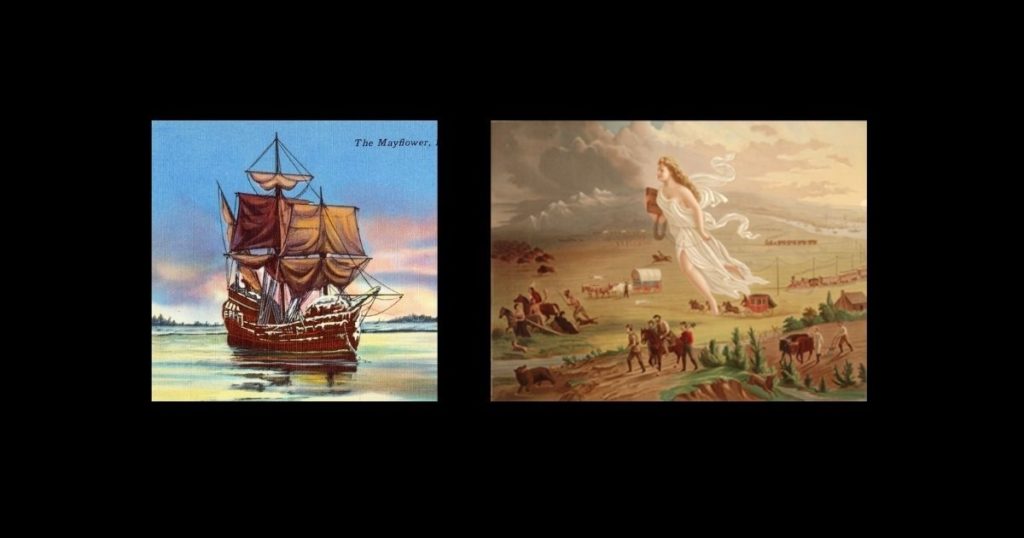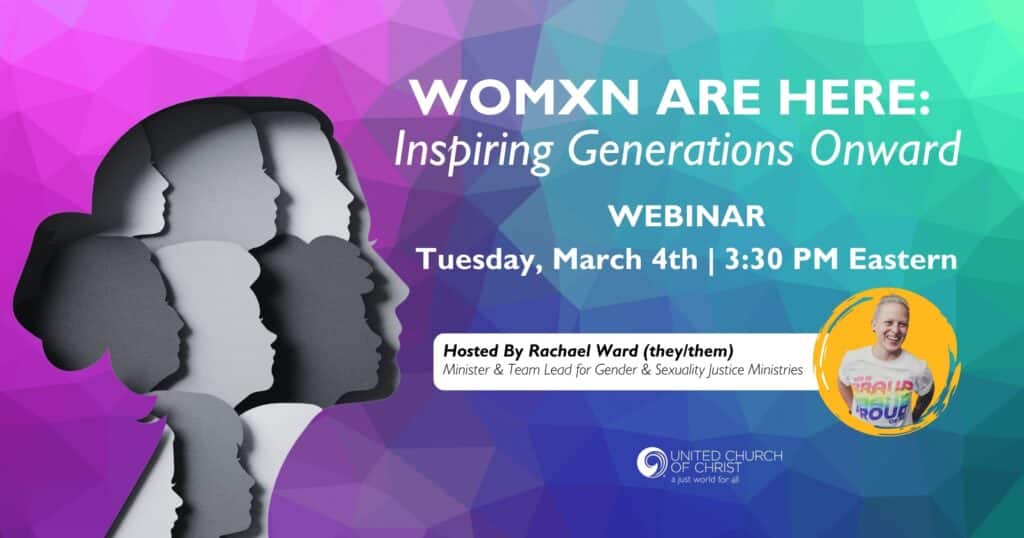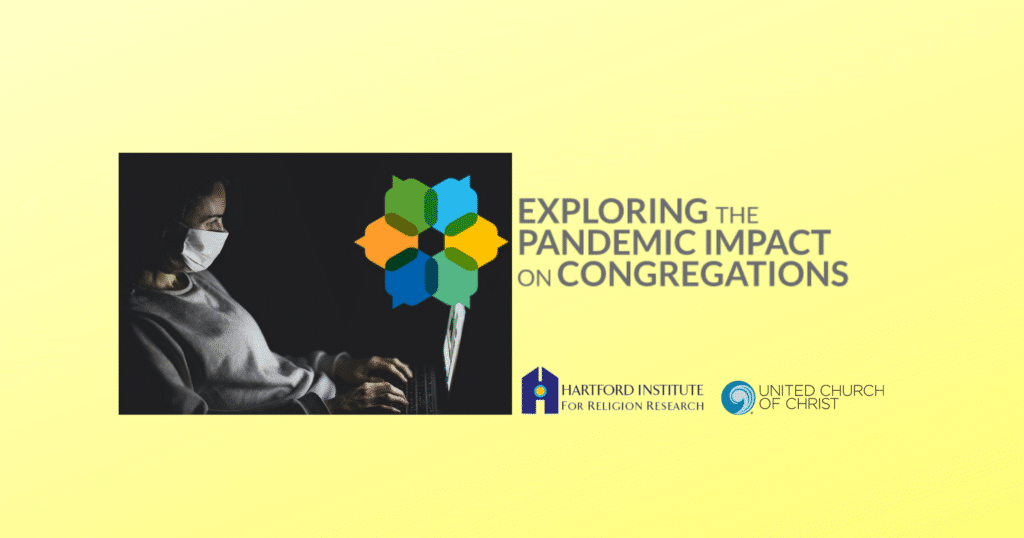400 years later, honesty about colonialism, genocide is part of marking Pilgrims’ legacy
As the United States marks Thanksgiving, a holiday immersed in stories about a small group of Europeans and their arrival in North America, people of faith are among those turning a critical eye to that history – and to Christians’ role in the genocide of the people who were living here.
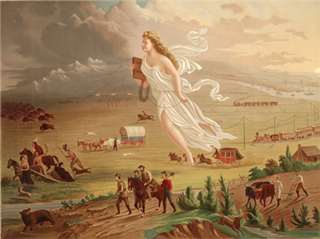 Churches interested in interrogating what has happened since the Mayflower’s passengers stepped ashore on Nov. 11, 1620, will find plenty of user-friendly resources online, including several from United Church of Christ-related sources.
Churches interested in interrogating what has happened since the Mayflower’s passengers stepped ashore on Nov. 11, 1620, will find plenty of user-friendly resources online, including several from United Church of Christ-related sources.
A recent one is a Nov. 16 blog post by the Rev. Kelly Gallagher, an associate conference minister of the UCC’s Southern New England Conference. In it – and in a web page of “First Encounter” resources for individual and church study – she called on Christians to acknowledge centuries of violence committed by and in the name of the church. (To read her article, click the image at right — John Gast’s 1872 painting, “American Progress,” illustrating the doctrine of “Manifest Destiny.”)
Gallagher described “the Pilgrim and Puritan communities who took this land as their own in the name of their Christian institution.” This, she said, marked just one point – albeit an important one – on a spectrum of conquest and white supremacy from the Middle Ages to today. She said the church has been an actor and enabler all along that spectrum, backed up by decrees ranging from the 15th-century papal Doctrine of Discovery to the 19th-century concept of “Manifest Destiny.”
“The dehumanizing, removal and genocide of the Indigenous communities by people who called themselves Christians laid the groundwork in the very fabric of this society for the Trail of Tears, for slavery, for Jim Crow, for alienation, oppression and continued genocide of people of color in this nation to this day,” Gallagher wrote.
Efforts to come to terms with this legacy have been going on for years in the United Church of Christ. To name just a few:
-
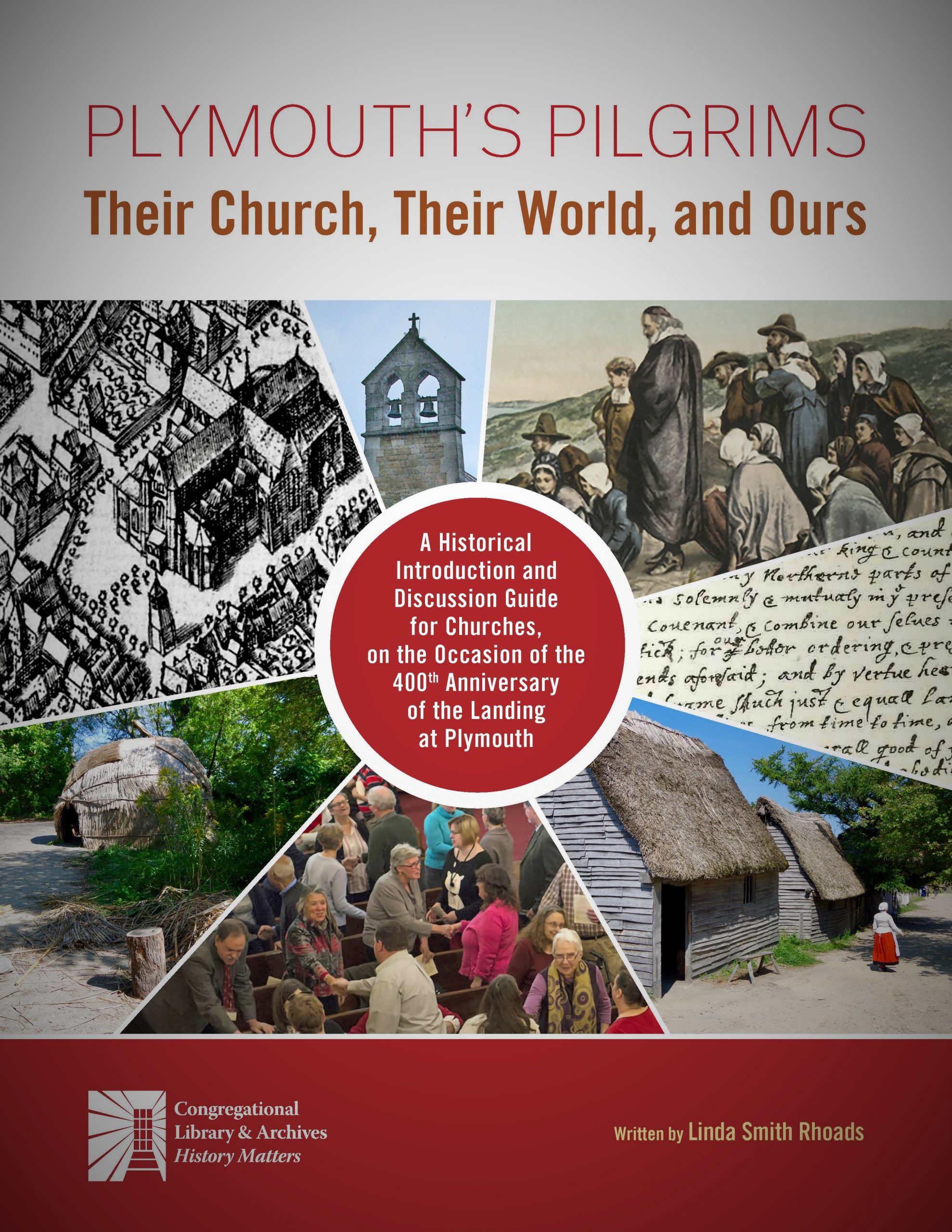 In early 2020, the Congregational Library and Archives in Boston published “Plymouth’s Pilgrims: Their Church, Their World and Ours.” Available in youth and adult versions, the curriculum includes detailed study questions.
In early 2020, the Congregational Library and Archives in Boston published “Plymouth’s Pilgrims: Their Church, Their World and Ours.” Available in youth and adult versions, the curriculum includes detailed study questions.
- Sacred Conversations to End Racism, a learning program offered by the UCC’s Justice and Local Church Ministries and authored by the Rev. Velda Love, minister of racial justice, requires leadership from a trained facilitator.
- In 2019, the UCC’s racial justice program offered multiple resources – still available at this web page – commemorating 400 years since the arrival of Africans in what is now North America.
- In 2013, the UCC General Synod passed a resolution calling on the entire church “to repudiate the Doctrine of Discovery, which authorized the genocide of Native peoples and the theft of Native lands.” A web page of resources contains further reflections.
- From 2012 to 2015, the UCC’s South Dakota Conference transferred tribal land parcels –whose deeds it had inherited from predecessor bodies at the formation of the UCC in 1957 – to the Indigenous-led Dakota Association.
-
In 1993, the UCC issued a formal, public apology for the church’s role in the overthrow of the Native Hawaiian monarchy 100 years earlier. This was followed in ensuing years by a redress process, including financial grants to Native Hawaiian causes.
Study, lament and repentance are important, Gallagher said, and there are things Christians and their churches can do now to start to make amends. Examples in New England – described at the website of the Massachusetts-based Interfaith Opportunities Network – include support for Indigenous land conservancies, cultural centers and redress initiatives.
“The good news is that we have the capacity – and the teachings – to behave differently,” Gallagher said. “We have a faith that teaches us humility, repentance, relationship and community. We have a set of core values and ethics that can be called upon to overcome the self-serving, power seeking, dominating values we have claimed and perpetuated for so long.
“…The time has come to hold up the faith that is truly at the core of Jesus’ teachings – a faith of walking with, instead of over – a faith of inclusion instead of exclusion, a faith that calls us to repent, and repair, and seek a way forward for all.”
Related News
UCC celebrates Womxn’s History Month in March and beyond
Womxn's History Month is designated in March, and the United Church of Christ is celebrating....
Read MoreFive years later: How did the Covid-19 pandemic impact ministry?
On March 11, 2020, the World Health Organization officially declared Covid-19 a global...
Read MoreRev. Shari Prestemon nominated to serve as UCC’s Associate General Minister and Co-Executive, Global Ministries for Love of Neighbor Ministries
Re-entering the room at the March 2025 UCC Board Meeting in Cleveland to a standing ovation,...
Read More